In this article, you will learn how to check your credit score and obtain a credit report. These two factors play a vital role in determining your financial health and can impact your ability to get a loan or credit card. By understanding how to check your credit score and obtain a credit report, you can take steps to improve your creditworthiness and make informed financial decisions.
To check your credit score, you can start by visiting websites such as Credit Karma or Experian, which offer free credit score services. These websites will provide you with your credit score and give you an overview of your credit history. Additionally, you can contact the three major credit bureaus – Experian, Equifax, and TransUnion – and request a copy of your credit report. This report includes detailed information about your credit history, such as your payment history, outstanding debts, and any derogatory marks. By regularly checking your credit score and obtaining a credit report, you can stay on top of your financial standing and address any issues that may be affecting your creditworthiness.
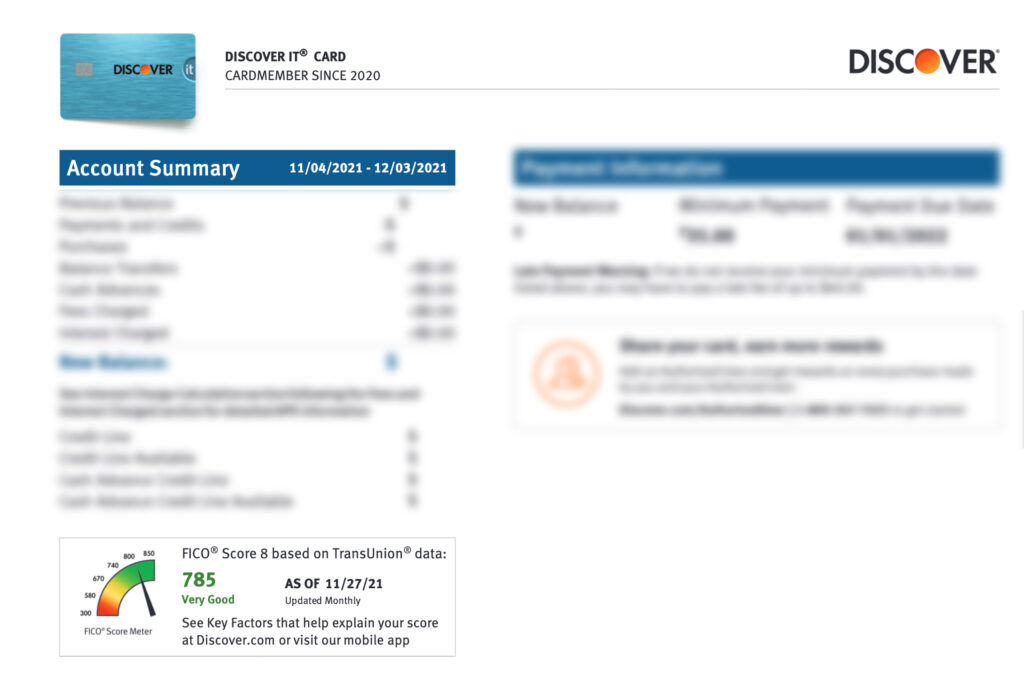
This image is property of img.money.com.
What is a Credit Score?
Definition of a Credit Score
A credit score is a numerical representation of your creditworthiness, indicating the likelihood that you will be able to repay your debts. It is a three-digit number that lenders use to evaluate your creditworthiness before granting you credit. The higher your credit score, the better your chances of obtaining credit at favorable terms, such as lower interest rates.
Importance of a Credit Score
Your credit score plays a crucial role in your financial life. It affects your ability to secure loans, mortgages, and even rental agreements. Potential lenders and creditors rely heavily on your credit score as an indicator of your ability to manage debt responsibly. A high credit score can open doors to better financial opportunities, while a low credit score can limit your options and result in higher interest rates or even loan denials.
Why Should I Check My Credit Score?
Understanding Your Financial Health
Checking your credit score regularly allows you to gain a better understanding of your financial health. By knowing your credit score, you can assess your creditworthiness and identify areas for improvement. This knowledge helps you make informed decisions about borrowing and can help you avoid financial difficulties in the future.
Identifying Potential Issues
Checking your credit score also enables you to identify potential issues or errors in your credit report. Mistakes on your credit report can negatively impact your credit score, so it’s essential to catch these errors early and take appropriate action to resolve them. Sometimes, fraudulent activities can also affect your credit score, and checking it regularly can help you detect any unauthorized activities.
Improving Your Creditworthiness
Regularly checking your credit score allows you to track your progress and take steps to improve your creditworthiness. By reviewing your credit report, you can identify areas where you can make positive changes, such as paying bills on time, reducing your credit card balances, or diversifying your credit mix. Over time, these improvements can lead to a higher credit score and better financial opportunities.
Different Credit Reporting Agencies
Experian
Experian is one of the three major credit reporting agencies in the United States. They collect and maintain credit information on millions of individuals and businesses. Your credit score from Experian is commonly used by lenders and creditors to evaluate your creditworthiness.
TransUnion
TransUnion is another major credit reporting agency that provides credit information and scores to lenders. They gather data on individuals’ credit history, including payment history, credit utilization, and public records. TransUnion’s credit scores are widely used by lenders and businesses to assess creditworthiness.
Equifax
Equifax is the third major credit reporting agency in the United States. They gather information on individuals’ credit history and provide credit reports and scores to lenders. Equifax’s credit scores help lenders assess the risk associated with extending credit to an individual.
Methods to Check Your Credit Score
Free Credit Score Websites
There are several websites where you can check your credit score for free. These websites often provide additional services such as credit monitoring and credit education resources. Examples of popular free credit score websites include Credit Karma, Credit Sesame, and NerdWallet.
Credit Card Companies
Many credit card companies now provide free credit scores to their customers as a value-added service. These credit scores are usually provided through online account access, enabling you to check your credit score conveniently whenever you need it. Contact your credit card issuer to find out if they offer this service.
Banks and Credit Unions
Some banks and credit unions offer free credit scores to their customers as well. Similar to credit card companies, these financial institutions make it easy for you to access your credit score through online banking platforms or mobile apps. Check with your bank or credit union to see if they provide this service.
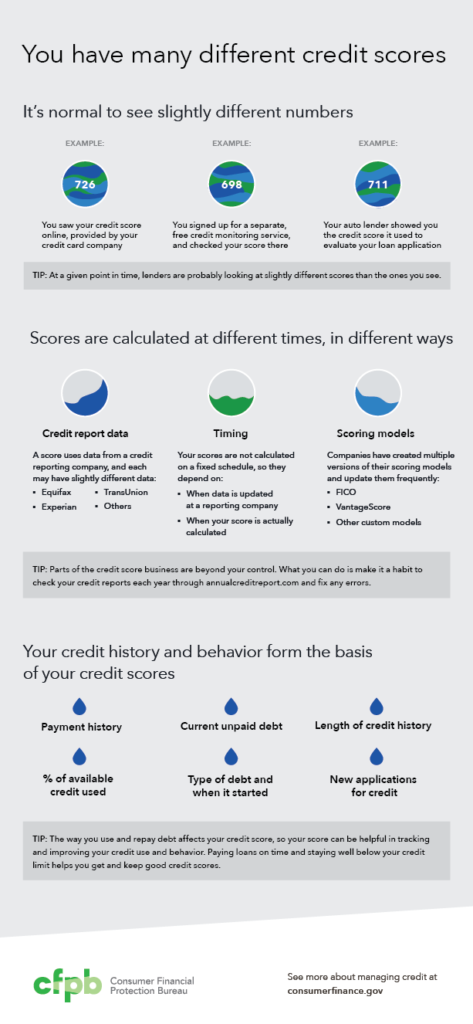
This image is property of s3.amazonaws.com.
Factors Affecting Your Credit Score
Payment History
Your payment history is one of the most critical factors in determining your credit score. It refers to whether you make your payments on time or if you have any late or missed payments. Consistently making payments by their due dates positively impacts your credit score, while late or missed payments can lower it.
Credit Utilization
Credit utilization refers to how much of your available credit you are using. It is calculated by dividing your total credit card balances by your total credit card limits. Maintaining a low credit utilization ratio, generally below 30%, demonstrates responsible credit management and can positively impact your credit score.
Length of Credit History
The length of your credit history also plays a role in determining your credit score. Lenders like to see a lengthy credit history that demonstrates your ability to manage credit over time. Therefore, it can be beneficial to keep older credit accounts open, even if you don’t frequently use them, to maintain a longer credit history.
Credit Mix
Having a diverse mix of credit accounts, such as credit cards, installment loans, and mortgages, can positively impact your credit score. This demonstrates your ability to handle different types of credit responsibly. However, it’s essential to only take on credit that you can manage effectively.
New Credit Accounts
Opening multiple new credit accounts within a short period can have a negative impact on your credit score. This is because it may suggest that you are taking on too much credit too quickly and could potentially become overextended. It’s important to be mindful of this when applying for new credit.
Understanding Your Credit Report
Components of a Credit Report
A credit report provides detailed information about your credit history and current credit accounts. It includes personal information such as your name, address, and social security number, as well as a list of your credit accounts, payment history, and any public records such as bankruptcies or tax liens.
Reading Your Credit Report
When reading your credit report, it’s essential to review all the information carefully. Check for any errors, such as incorrect personal information or accounts that you don’t recognize. Pay close attention to your payment history and credit utilization, as these are key factors in determining your credit score.
Identifying Errors or Discrepancies
If you notice any errors or discrepancies on your credit report, it’s crucial to take immediate action to resolve them. Contact the credit reporting agency and provide them with the necessary documentation to support your dispute. They are required by law to investigate the claim and correct any inaccuracies.
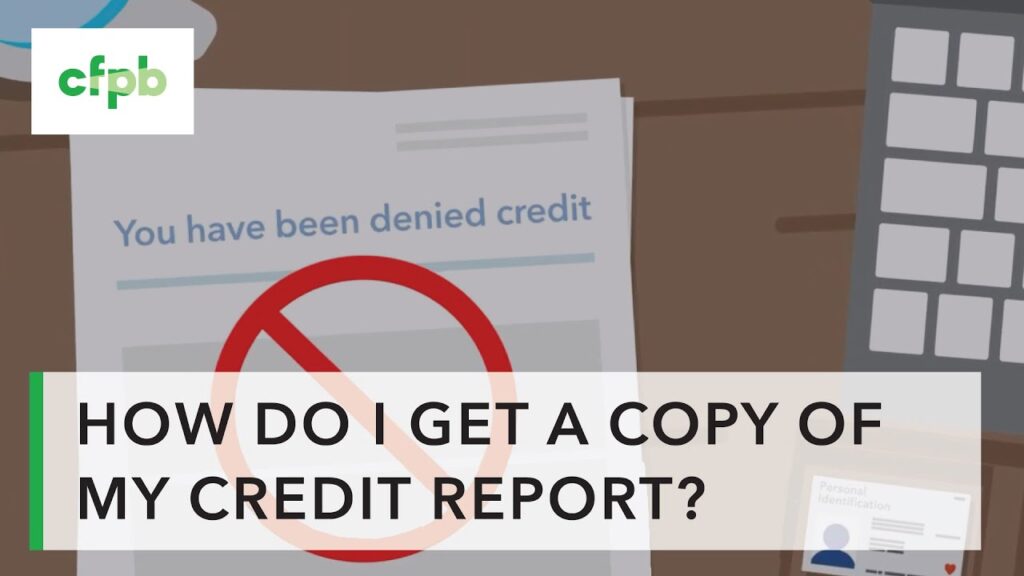
This image is property of i.ytimg.com.
Importance of Regularly Monitoring Your Credit Score
Preventing Identity Theft
Regularly monitoring your credit score can help detect any signs of identity theft. If you notice a sudden drop in your credit score or unfamiliar accounts on your credit report, it could indicate that someone has stolen your identity and opened fraudulent accounts in your name. The earlier you detect and report identity theft, the easier it is to minimize the damage.
Identifying Unauthorized Activities
Monitoring your credit score allows you to identify any unauthorized activities on your credit accounts. If you see any unfamiliar charges or transactions, it’s essential to contact the respective lender or credit card issuer immediately. Prompt action can help prevent further unauthorized activities and protect your creditworthiness.
Monitoring Credit Improvement
If you are actively working to improve your credit, regularly monitoring your credit score enables you to track your progress. You can see how your creditworthiness evolves over time and adjust your strategies accordingly. Celebrate the milestones you achieve and use them as motivation to continue on your journey towards better credit.
Steps to Obtain Your Credit Report
Requesting a Credit Report
To obtain a copy of your credit report, you can contact each of the three major credit reporting agencies individually – Experian, TransUnion, and Equifax. They are required by law to provide you with a free copy of your credit report once every 12 months. You can request the reports online, by mail, or by phone.
Verifying Your Identity
When requesting your credit report, you will need to provide certain personal information to verify your identity. This typically includes your name, date of birth, social security number, and current address. The credit reporting agencies use this information to ensure that they are providing the report to the correct individual.
Disputing Inaccurate Information
If you find any inaccurate information on your credit report, such as errors in your personal information or accounts that you don’t recognize, it’s important to dispute them promptly. Contact the credit reporting agency and provide them with the necessary documentation to support your dispute. They are obligated to investigate the claim and correct any inaccuracies.
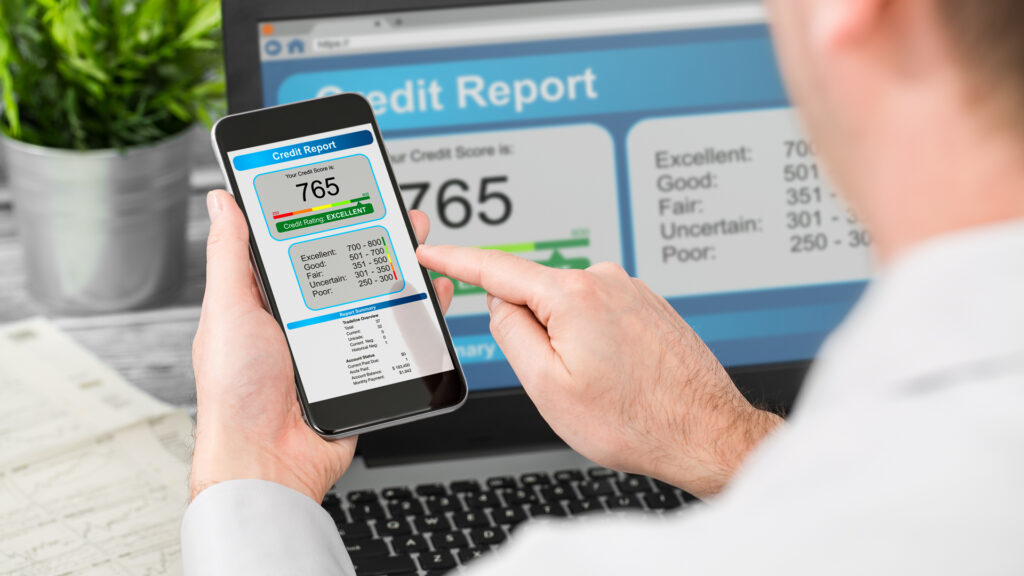
This image is property of cdn.gobankingrates.com.
Impact of Credit Inquiries on Credit Score
Soft Inquiries vs Hard Inquiries
There are two types of credit inquiries – soft inquiries and hard inquiries. Soft inquiries occur when you check your own credit score or when companies make pre-approved credit offers. They do not impact your credit score. On the other hand, hard inquiries occur when you apply for credit, such as a loan or credit card. Multiple hard inquiries within a short period can lower your credit score.
Minimizing the Negative Impact
To minimize the negative impact of hard inquiries, it’s advisable to limit your applications for new credit. Only apply for credit when necessary and when you are confident that you meet the lender’s requirements. Additionally, try to space out your credit applications to avoid multiple hard inquiries within a short period.
Conclusion
In conclusion, checking your credit score and obtaining a credit report is an essential aspect of managing your financial health. By understanding your creditworthiness, identifying potential issues, and actively monitoring your credit, you can take control of your financial future. Regularly reviewing your credit report, disputing inaccuracies, and practicing responsible credit management can help you maintain or improve your creditworthiness. Remember to check your credit score regularly, as being proactive is key to maintaining a healthy credit profile.
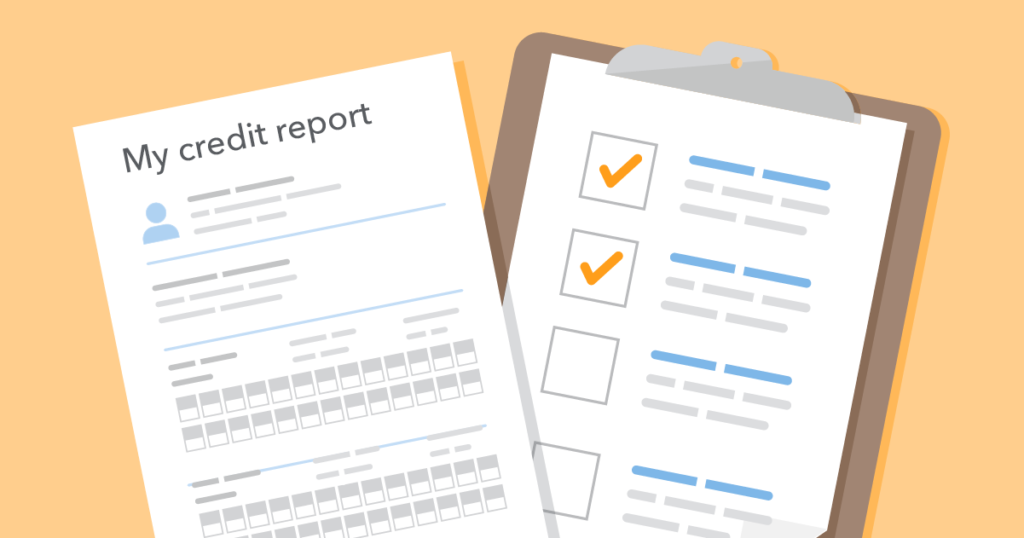
This image is property of s3.amazonaws.com.
